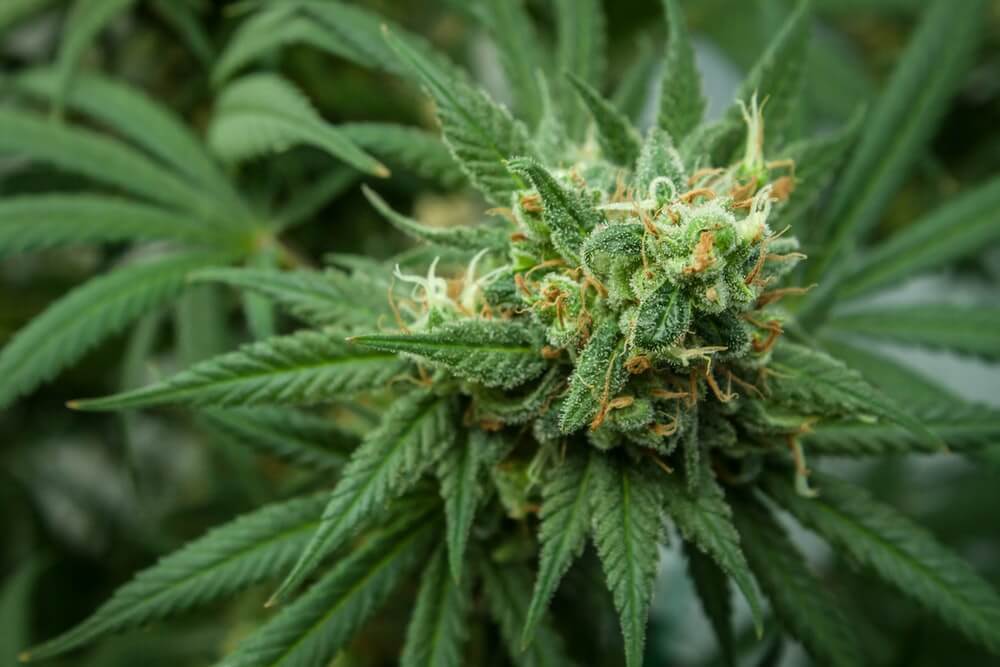
Hemp
What is Hemp?
Hemp is a versatile plant that has many uses. It can be used to make paper, textiles, clothing, biodegradable plastics, and building materials. Hemp is also a source of food and oil. Hemp seeds are high in protein and omega-3 fatty acids. Oil made from hemp seeds is a healthy alternative to vegetable oil.
Hemp is a variety of cannabis sativa that has been used for thousands of years for its strong fibers and nutritious seeds. Hemp is non-psychoactive and cannot be used to get high, but it does have many other uses. Hemp can be used to make paper, textiles, biodegradable plastics, construction materials, and more. Hemp is also a sustainable crop, meaning it can be grown without damaging the environment.
Nutritional benefits of hemp seeds
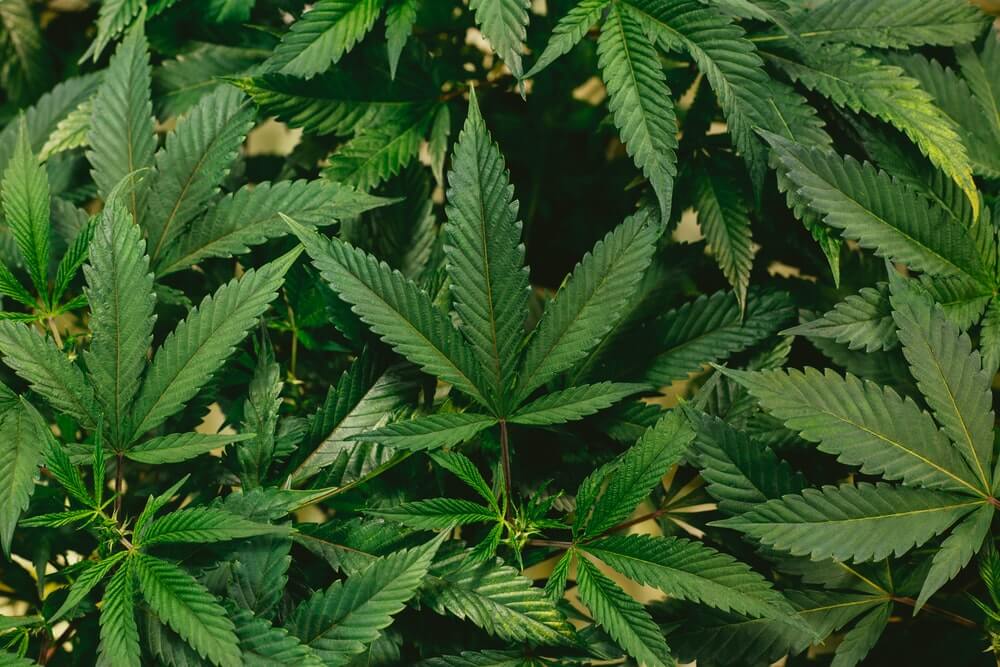
Hemp
Hemp seeds are a source of complete protein. They contain all 20 amino acids, including the nine essential amino acids that the body cannot produce on its own. Hemp seeds are also a good source of fiber, magnesium, potassium, and zinc.
Hemp seeds have a mild, nutty flavor and can be eaten raw or ground into a meal. They are often added to smoothies, yogurt, oatmeal, or salads. Hemp seeds can also be used in baking or cooking.
1. Protein
Though often overshadowed by its close relative, marijuana, hemp is a powerful and versatile plant in its own right. Hemp seeds are a rich source of protein, and they offer a host of other health benefits.
Hemp seeds are a complete protein, meaning they contain all the essential amino acids our bodies need to function. They’re also a good source of fiber, magnesium, iron, and zinc. All of these nutrients work together to promote heart health, healthy skin and hair, and strong bones.
Hemp seeds are also anti-inflammatory, which can help relieve symptoms of conditions like arthritis and asthma. And because they’re high in omega-3 fatty acids, they can help reduce inflammation throughout the body.
2. Unsaturated fats
Unsaturated fats are important for a healthy diet. They are beneficial because they help the body to absorb essential vitamins and minerals. The best sources of unsaturated fats are found in plant-based foods like hemp seeds. Hemp seeds are a good source of omega-3 fatty acids, which are important for brain health and preventing heart disease. They also contain gamma-linolenic acid, which can improve skin health.
3. Fiber
The seeds of the hemp plant contain high levels of fiber, which is essential for a healthy digestive system. Hemp fiber can also help to regulate blood sugar levels and reduce inflammation. Additionally, hemp seeds are a good source of protein and omega-3 fatty acids, both of which are important for maintaining good health.
4. Minerals and vitamins
Hemp seeds are a complete source of protein, providing all the essential amino acids. Amino acids are the building blocks of protein. They are necessary for muscle growth, repairing tissue and maintaining a healthy immune system. Hemp seeds also provide minerals such as zinc, magnesium, iron and copper. These minerals are important for bone health, energy production and a healthy metabolism. The fatty acids in hemp seeds can also help to reduce inflammation throughout the body.
Health Benefits of Hemp Seeds
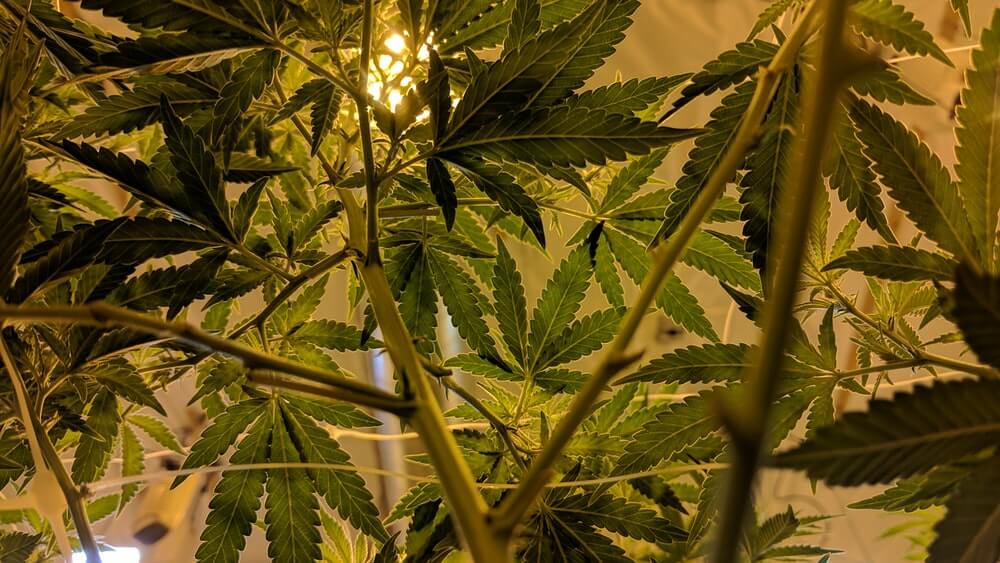
Hemp
Hemp seeds are a source of complete protein, providing all the essential amino acids. They’re also high in fiber, magnesium, and potassium. Hemp seeds have a nutty flavor and can be eaten raw, roasted, or ground into a meal.
They’re often used in smoothies, yogurt, oatmeal, and salad dressings. Hemp seeds are a good source of omega-3 fatty acids, which are beneficial for heart health.
They’re also rich in antioxidants and provide anti-inflammatory benefits. Hemp seeds are gluten-free and vegan-friendly.
1. Protect the brain
The human brain is the most complex organ in the body. It is responsible for controlling all of our thoughts, emotions, movements and sensations. To keep our brains functioning at their best, it’s important to protect them from damage and to provide them with the nutrients they need. Hemp seeds are a great source of nutrients that can protect the brain and improve its function.
Hemp seeds are high in omega-3 fatty acids, which are important for brain health. These fatty acids help to protect the brain from damage, improve cognitive function and reduce inflammation. They also help to promote healthy brain development in infants and children.
Hemp seeds are also a good source of protein and vitamin E. Protein is essential for healthy brain function, while vitamin E helps to protect the brain from oxidative damage.
2. Boost heart health and reduce heart disease
Hemp seeds are a great source of plant-based protein and omega-3 fatty acids, which are beneficial for maintaining heart health. Hemp seeds are also a good source of fiber, magnesium, potassium, and zinc. All of these nutrients work together to support heart health by reducing inflammation and oxidative stress, and promoting healthy blood pressure and cholesterol levels. Additionally, the high-quality protein in hemp seeds can help to maintain muscle mass and reduce the risk of heart disease.
3. Reduce inflammation
The seeds of the hemp plant have been shown to reduce inflammation, making them a viable natural remedy for conditions like arthritis and joint pain. In addition, hemp seeds are a good source of essential fatty acids, which play an important role in maintaining overall health. These fatty acids help to reduce inflammation, promote cardiovascular health, and improve brain function.
4. Improve skin conditions
Hemp seeds are a good source of essential fatty acids, including omega-3 and omega-6 fatty acids. These fatty acids are beneficial for the skin because they help keep it hydrated and can reduce inflammation. Hemp seeds also contain gamma-linolenic acid (GLA), which is an anti-inflammatory agent. This means that hemp seeds can be helpful in improving skin conditions such as eczema, psoriasis, and rosacea.
5. Relieve rheumatoid arthritis
The health benefits of hemp seeds are vast and include relief from rheumatoid arthritis. Hemp seeds are a rich source of fatty acids, including omega-3 and omega-6 fatty acids. These fatty acids play a crucial role in reducing inflammation, which is a common symptom of rheumatoid arthritis.
In addition to their anti-inflammatory properties, hemp seeds are also a good source of antioxidants, which can help protect the body against damage caused by free radicals. consuming hemp seeds may also help improve heart health by reducing the risk of heart disease.
6. Reduce Eczema
There is growing evidence that hemp seeds may help reduce the symptoms of eczema. Hemp seeds is a natural moisturizer that can help soothe dry, irritated skin. It is also rich in essential fatty acids, which can help improve the health of the skin. Hemp seeds may also help reduce inflammation and itching.
There is some evidence that hemp seeds may help reduce the symptoms of eczema. A study published in the journal Cannabis and Cannabinoid Research looked at the effects of hemp seeds on 48 people with eczema. The study found that those who used hemp seeds had significant improvement in their symptoms.
The main active ingredient in hemp seeds. CBD has been shown to be effective in treating a variety of conditions, including eczema. It is thought to work by reducing inflammation and promoting wound healing.
Hemp seeds is also a good source of essential fatty acids, which are important for healthy skin. These fatty acids help keep the skin moisturized and may reduce the risk of eczema flares.
Nutritional profile of hemp seeds
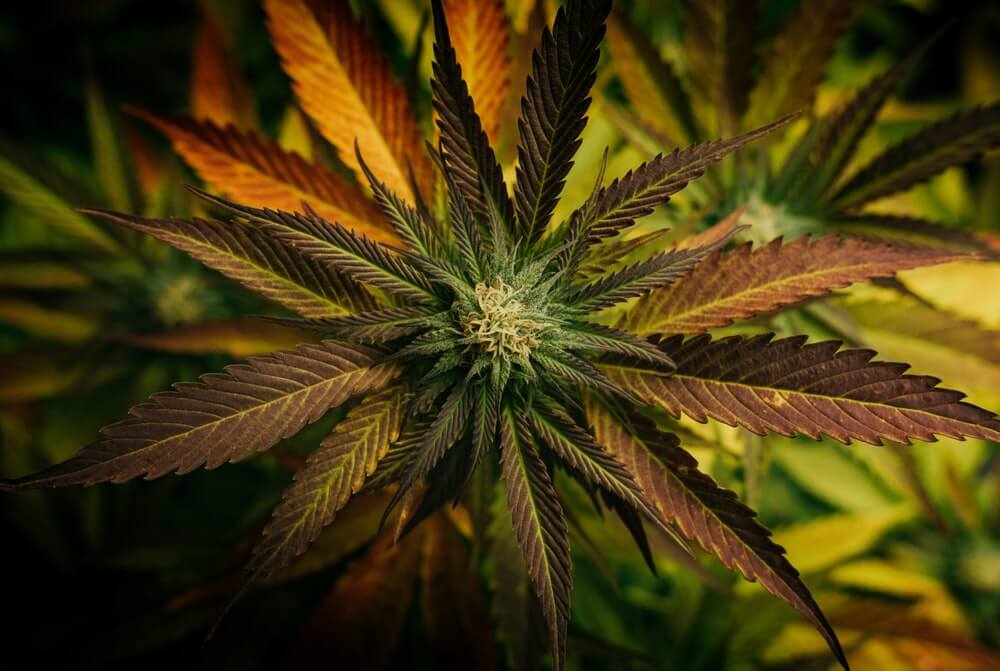
Hemp
Hemp seeds are a source of complete protein, providing all the essential amino acids our bodies need. They’re also a good source of fiber, magnesium, zinc, and iron.
Hemp seeds are nutty in flavor and can be eaten raw, ground into hemp flour, or used to make hemp milk.
Hemp seeds are a healthy addition to any diet and offer many nutritional benefits. Some people claim they help with weight loss, heart health, skin conditions, and more.
| Protein | 9.47 g |
| Carbohydrates | 2.60 g |
| Fat | 1.20 g |
| Total fatty acids | 14.62 g |
| Monounsaturated fatty acids | 1.62 g |
| Polyunsaturated fat | 11.43 g |
| Saturated fatty acids | 1.38 g |
Hemp Uses
A single three-tablespoon serving of hemp seeds doesn’t contain low-calorie nutrients. It is crucial to monitor your calorie intake and stay healthy. Each 3-tablespoon serving of hemp seeds contains 166 calories. It’s vital to pay attention to your caloric intake in order to maintain a healthy weight.
Consuming hemp seeds provides numerous health benefits. Hemp is a complete source of protein, containing all 20 amino acids, including the nine essential amino acids that our bodies cannot produce. Hemp is also a good source of fiber, magnesium, zinc, iron and vitamin E.
One tablespoon of hemp seeds contains nearly 5 grams of plant-based protein and 2 grams of fiber. They are also a good source of minerals like magnesium, zinc and iron. Magnesium is important for muscle function, energy production and nerve function. Zinc is necessary for cell growth, reproduction and wound healing. Iron is crucial for red blood cell production and transporting oxygen throughout the body. Vitamin E is an antioxidant that helps protect cells from damage.
Hemp seeds are also a rich source of omega-3 fatty acids. These healthy fats support heart health, reduce inflammation and may help improve cognitive function.



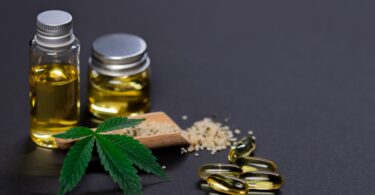


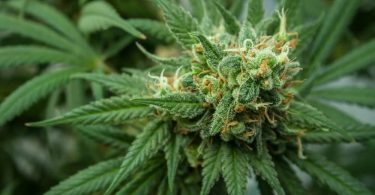
Leave a Comment